儿童福利:详解收养协议的关键条款与法律效力
zhao(作) 儿童收养法标题:儿童福利的保障——深入探讨收养协议的法律框架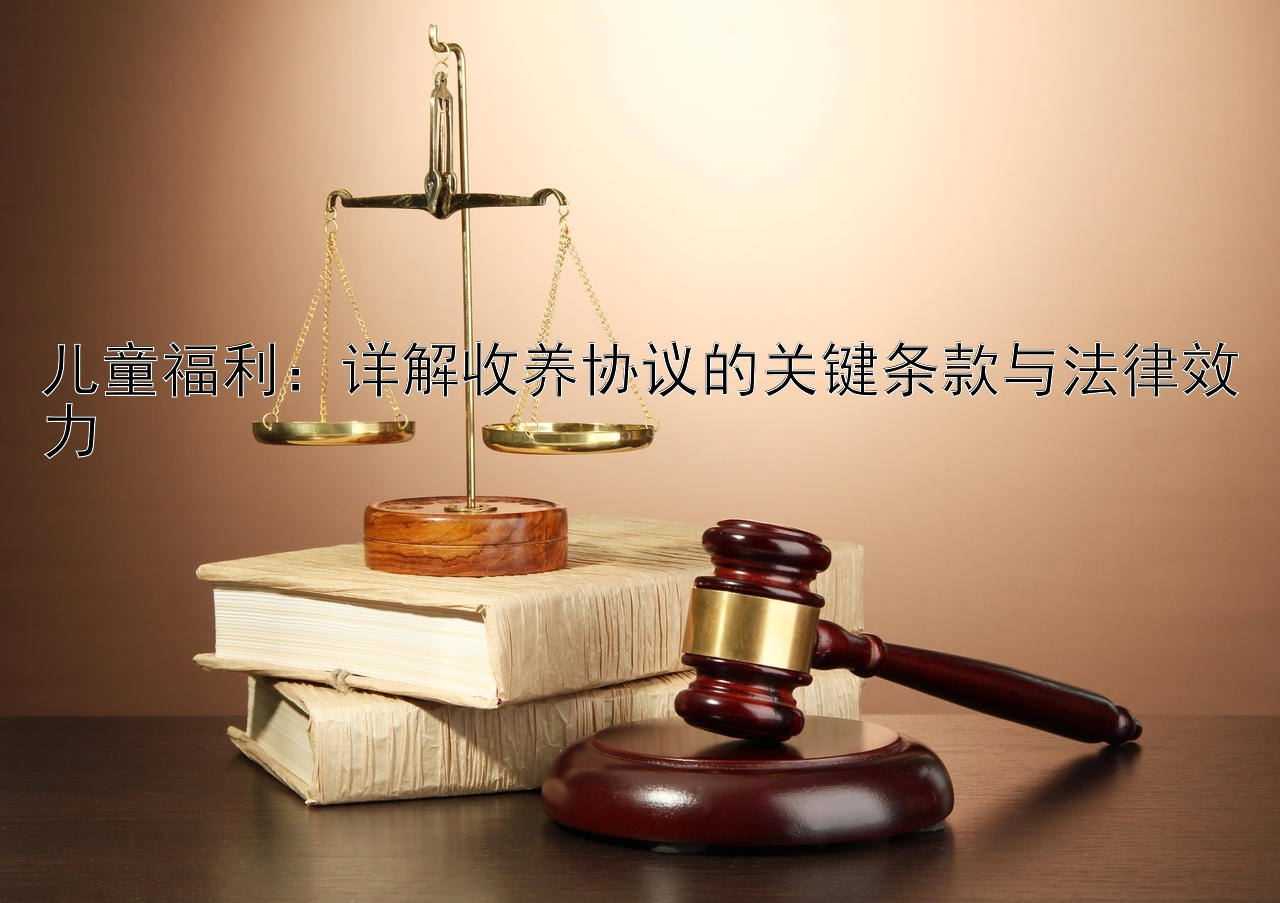
引言: 收养是建立新家庭的重要途径之一,它为无家可归或无法在原生家庭中获得适当照顾的儿童提供了新的生活机会。然而,这一过程涉及到复杂的法律程序和文件,其中最重要的是收养协议。本文将详细解析收养协议中的关键条款以及它们如何影响其法律效力和对所有涉事方的保护。
一、什么是收养协议? 收养协议是一份正式的法律文件,规定了有关收养的所有重要事项,包括收养人的责任、被收养儿童的权利以及双方之间的法律关系等。该协议通常由律师起草,以确保其符合当地法律法规的要求。
二、收养协议的关键条款 1. ARTICLE 26, paragraph (1) of the Convention provides that: "Contracting States shall take or recognize the measures described in this Article when the interests of the child so require and when they are necessary for effecting the return of a child taken to another State".
- The key elements of an adoption agreement include:
- Identification of Parties: This includes the names, addresses, and other relevant information about both the adoptive parents and the child being adopted.
- Consent to Adoption: The document must clearly state that all parties involved have consented to the adoption process. Consent should be given voluntarily and without any form of coercion.
- Rights and Responsibilities of Parents: It outlines the rights and responsibilities of the adoptive parents towards the child, including their duty to provide care, support, education, and protection.
- Legal Status of the Child: The agreement will specify how the legal status of the child is expected to change after the adoption is finalized. This may involve changes to the child's name, citizenship, and inheritance rights.
- Medical History Disclosure: Both biological parents and adoptive parents often disclose medical history information to ensure the best possible health outcomes for the child.
- Contact Arrangements: If applicable, the agreement might address ongoing contact between the birth family and the child post-adoption, such as through letters or visitation.
- Financial Support: In some cases, financial arrangements regarding the child's future educational expenses or healthcare costs may also be included.
三、收养协议的法律效力 A well-drafted adoption agreement can significantly enhance its enforceability by providing clear guidance on each party's obligations and expectations. Once signed and properly executed, it becomes a legally binding contract that courts are likely to uphold unless there is evidence of fraud, duress, or material misrepresentation. However, if circumstances change dramatically after the signing of the agreement, courts may consider modifying or even terminating the adoption arrangement based on what is deemed to be in the best interest of the child.
四、案例分析 In one high-profile case, a dispute arose over whether a particular clause in an adoption agreement was valid. The clause stated that the adoptive father could not leave his estate to the child if he remarried. When the father did indeed marry again shortly before passing away, his new wife challenged the clause under inheritance laws. Ultimately, the court ruled that while the spirit behind such clauses - protecting the child from disinheritance due to step-parents - was understandable, the specific language used in this instance went beyond what was permissible within the law. As a result, the child received her rightful share of the inheritance despite the existence of this seemingly ironclad provision within the adoption contract itself.



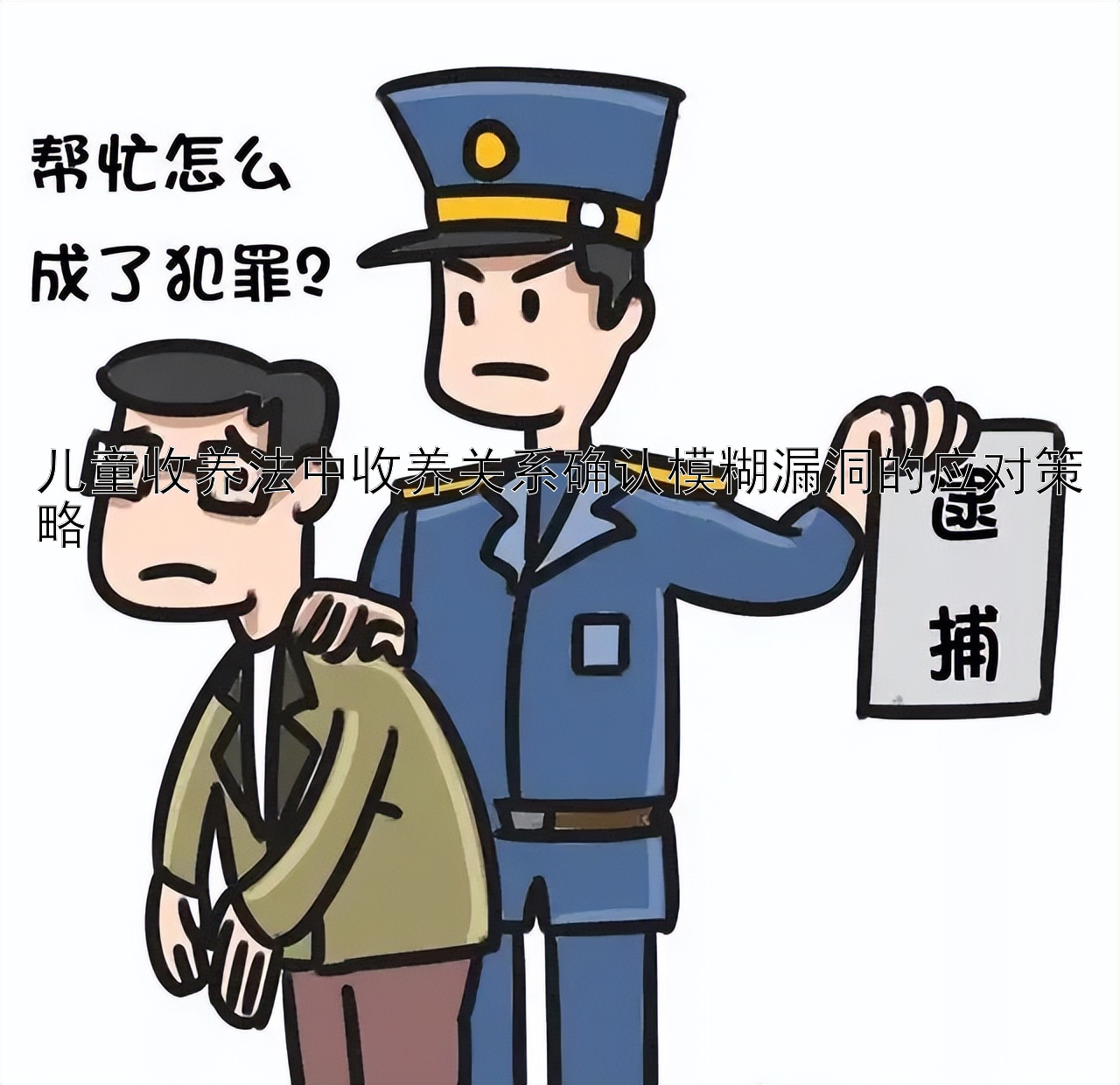

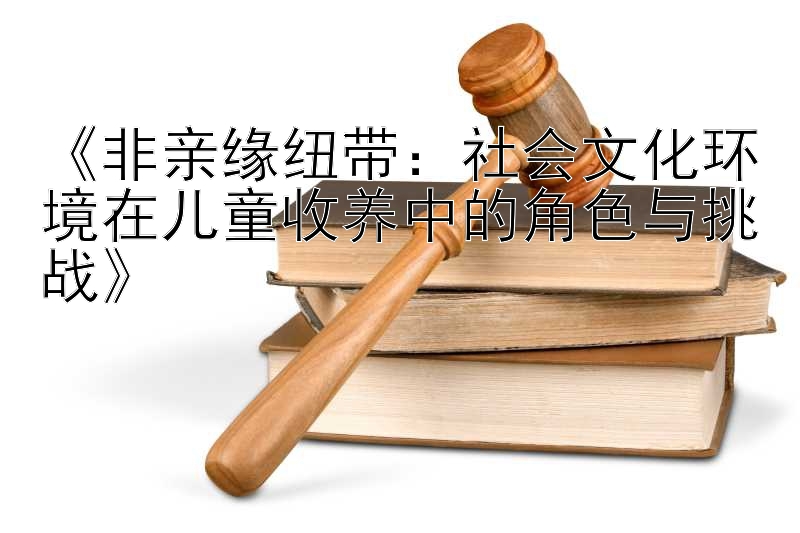


 收养的印记:如何在学校与家庭中培养自信
收养的印记:如何在学校与家庭中培养自信 了解收养登记异议:申诉途径详解
了解收养登记异议:申诉途径详解 收养关系解除:财产分割指南
收养关系解除:财产分割指南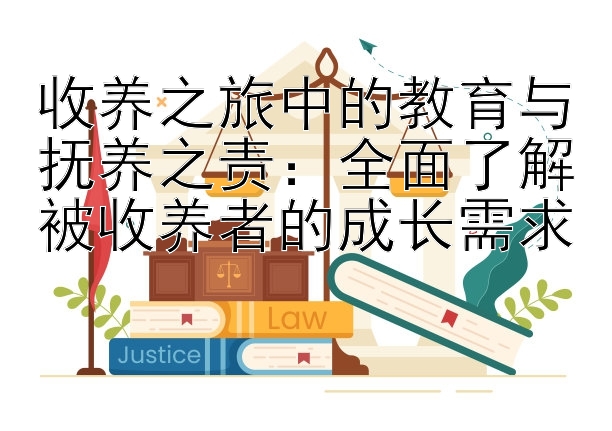 收养之旅中的教育与抚养之责:全面了解被收养者的成长需求
收养之旅中的教育与抚养之责:全面了解被收养者的成长需求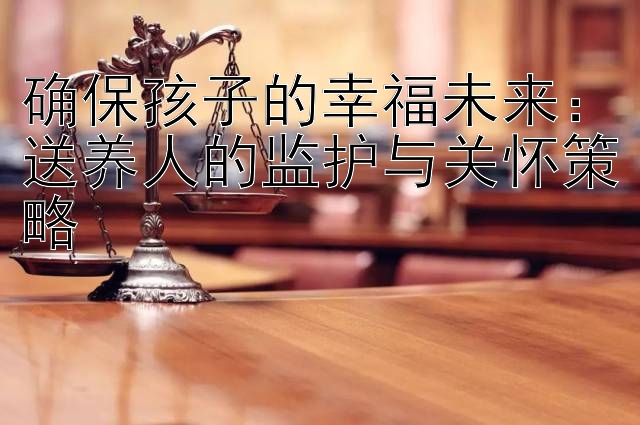 确保孩子的幸福未来:送养人的监护与关怀策略
确保孩子的幸福未来:送养人的监护与关怀策略 亲属送养孤儿的法律程序与监护人同意
亲属送养孤儿的法律程序与监护人同意